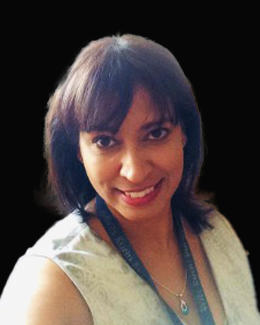
The Sociology department at Unisa dates back to 1946. From its inception in 1873 until 1946, the University of South Africa was an examinations body, and did not engage in teaching of its own. This changed in 1946, when it was decided that the University would henceforth engage in distance education as well.

Prof ZL Jansen
Chair of Department
A bit of history about the Department
The University of South Africa Department of Sociology spans seven decades since it opened in 1946. At that time, it incorporated both Social Work as the applied part of the discipline and Criminology. These latter two seceded from Sociology to become independent departments towards the end of the 1950s.
Since 1946, the department has evolved over the decades and now hosts a number of undergraduate modules from first to third year as part of its major programme in the Bachelor of Arts. The department also offers two honours postgraduate streams – one in mainstream Sociology and the other a health and policy specialisation in Social and Behaviour Studies (in HIV and AIDS research). We offer research masters’ and doctoral degree programmes in the department as well.
Staff members specialise in areas such as rural and urban sociology and development, sociology of biographies, sociology of health, labour studies and industrialisation, sociology of education, media and gender, sociology of families, social psychology and research methodologies, to mention some and give you a broad sweep. Staff also conduct research and supervise in areas concerning the University’s flagship Catalytic Niche Areas (CNAs) including the fourth industrial revolution, environmental issues, science and technology, energy and automation, with regard to the interfacing of human social groups, politics, economics and culture. Our training and research are methodologically diverse.
The department’s success in teaching is supported by a growing younger generation of sociologists and senior sociologists together with a team of administrative staff. If you are interested in learning more about our program, we invite you to explore our exciting and supportive community of scholarship by clicking on the various links on the staff pages and visiting our social media platforms on Facebook and Twitter- X pages.
The broad, theoretically rich, and scientifically rigorous understanding of the world that the discipline of sociology provides has never been more important than in today’s world. Wars, genocides, political and economic crises, environmental climate change among others are issues fully interrogated by the discipline’s core theoretical and analytical frameworks.
Prof ZL Jansen
Chair of the Department, Sociology
College of Human Science